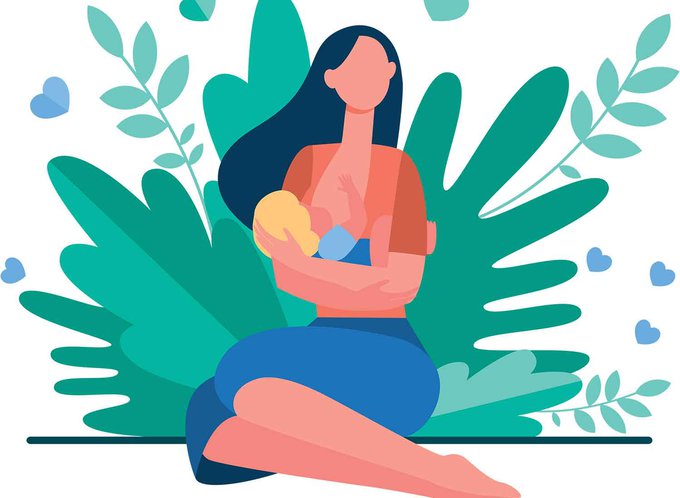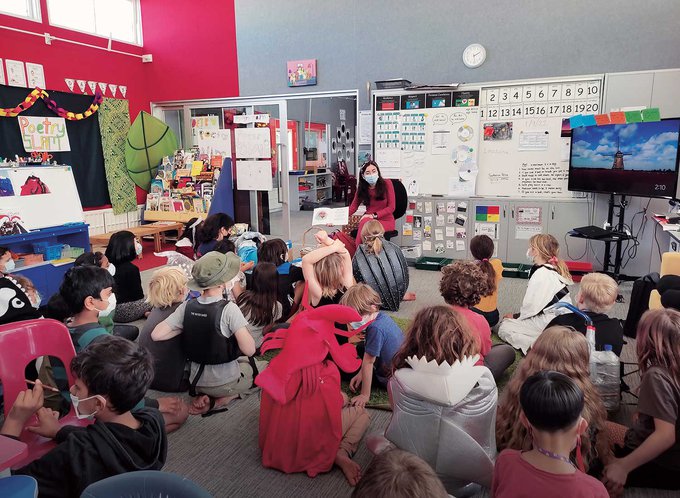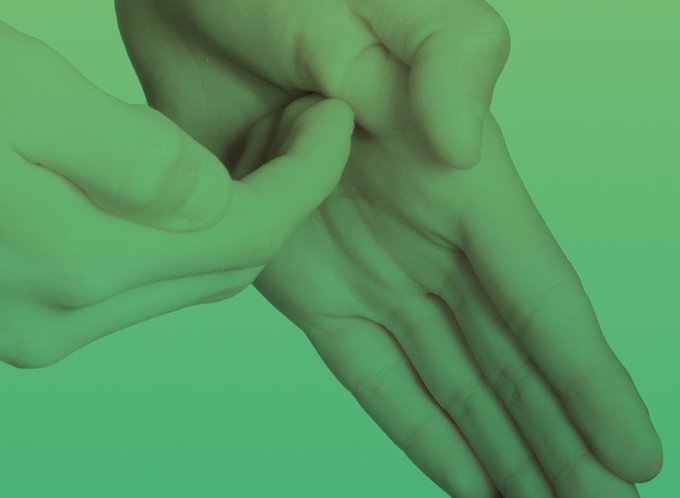In a world where the unprecedented can sometimes feel like the new norm and news bulletins raise challenging issues even for adults, helping young people navigate tricky topics can lead to some pretty tough conversations.
Kids have always had a lot to contend with, but there's emerging evidence that today's tamariki have more to process than ever.
The latest survey in the Youth2000 series says rangatahi emotional and mental health appears to be getting worse. The 2020 results indicated that, while most young people are happy or satisfied with their lives, youth emotional and mental health appears to have worsened compared to previous surveys in 2001, 2007, and 2012.
Study co-lead Dr Terry Fleming says that there is robust evidence of worsening emotional and mental wellbeing among New Zealand teens in the last seven years but no single cause is responsible for this increase in distress.
"Important factors are increased social media, increased loneliness, the impact of poverty, discrimination or harmful environments, social pressures and the impact of serious worries about the future – from climate change to jobs and housing security."
Dr Terry Fleming
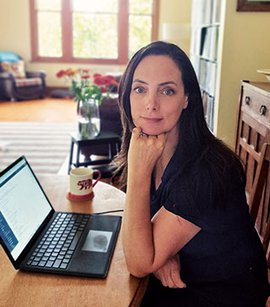
Creating a safe environment
It's clear that parents, guardians, teachers and other adults have a big role to play in helping young people understand our changing world, and Dr Emma Woodward, Founder and Director of The Child Psychology Service, knows this better than anyone else.
She has over 25 years' of experience working with children, young people and families. Also a mum to four sons, Emma has fielded questions from children on just about every topic imaginable.
While it can be tough to talk about sensitive topics with tamariki, Emma has practical tips for any adult wanting to better communicate with young people. She believes establishing trust and a feeling of safety is key to opening up meaningful conversations, and the ability to have a difficult discussion doesn't start at the point a youngster needs it.
"Don't expect to have a difficult conversation with your child and get a good, in-depth response if you haven't already fostered the connection and feeling of safety," says Emma.
Creating a safe environment at home where everybody's opinion is respected is imperative, and is modelling the ability to moderate your emotions and stay calm.
"If there's potential for conflict, a child is unlikely to feel able to broach difficult topics because of a fear of emotional reactivity."
From social issues such as climate change, war, pornography, and the pandemic to personal issues like anxiety or sexuality, there's no denying young people have a lot to process.
Deciding what's age-appropriate is a question she often gets asked. "That totally depends on the individual. Parents are the experts in this – knowing what their kid can handle or tolerate or how they respond to things. It's a case of tuning in to that."
She suggests "scaffolding" conversations by filling gaps and breaking topics into smaller chunks. Offering an opening such as, 'Hey, this is what I know, do you know that bit or not?' can be useful, says Emma.
"For instance, with the war in Ukraine, instead of talking about people dying or losing their homes, you could say something like, 'I heard there are lots of refugees from Ukraine – what do you know about that? Do you know what refugee means?'"
If younger tamariki need help with language to express themselves in conversations, adults can help by naming emotions for them, she says.
"For instance, if you see a child getting exasperated, you might say, 'That's frustrating, isn't it? I can see you're frustrated.'"
When conversations are led by youngsters themselves, adults don't have to know the answers, says Emma. "It's okay to reply, 'That's a really hard question. Let's work it out together.' Then you are modelling vulnerability, honesty, collaboration, problem solving, and building trust too."
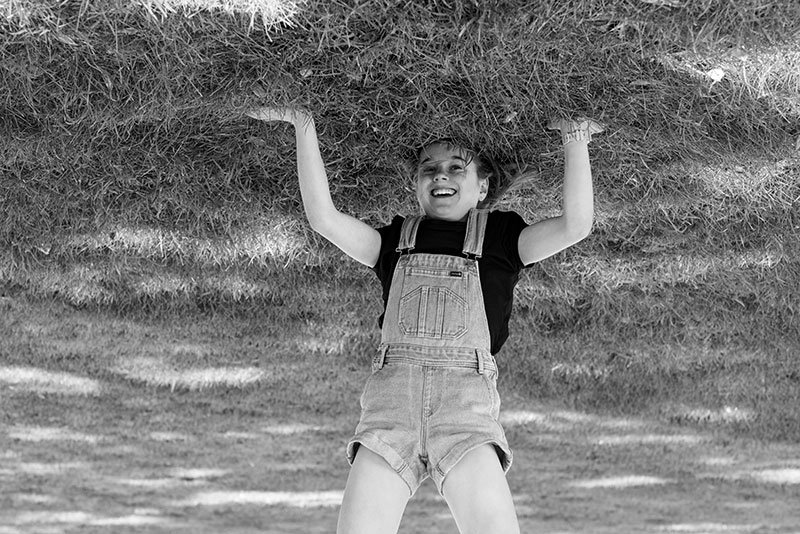
Emma knows well that, when rangatahi do share things, its a vital not to butt in, but instead follow their lead and ask what kind of response they'd like.
"You could say: 'Do you need to share some information with me and do you want me to just listen or do you wany my advice?' or 'Do you want me to share with you some of the things I might have done when I've had a similar situation?' That way, you're putting them back in the driver's seat of the conversation but letting them know you're there."
The role of educators
Liz Rhodes is well aware of the importance of choosing the right time and place to talk about tough stuff with kids. As the Principal/Tumuaki of Brooklyn School in Wellington, as well as a mother of two teenage boys, Liz and her team are mindful of selecting the best time to have difficult conversations.
Liz cites the advice nueroscience educators Nathan Wallis and Kathryn Berkett give regarding adolescents, saying, "You can't have a conversation if you're in your survival brain or flight or fright brain. A calm, rational discussion can't happen if a teenager's frontal cortex is on holiday, so even just waiting 10 minutes for them to decompress can make all the difference."
With anxiety on the rise among young people and attendance levels suffering as a result of the pandemic, it's crucial teachers stay connected as best they can.
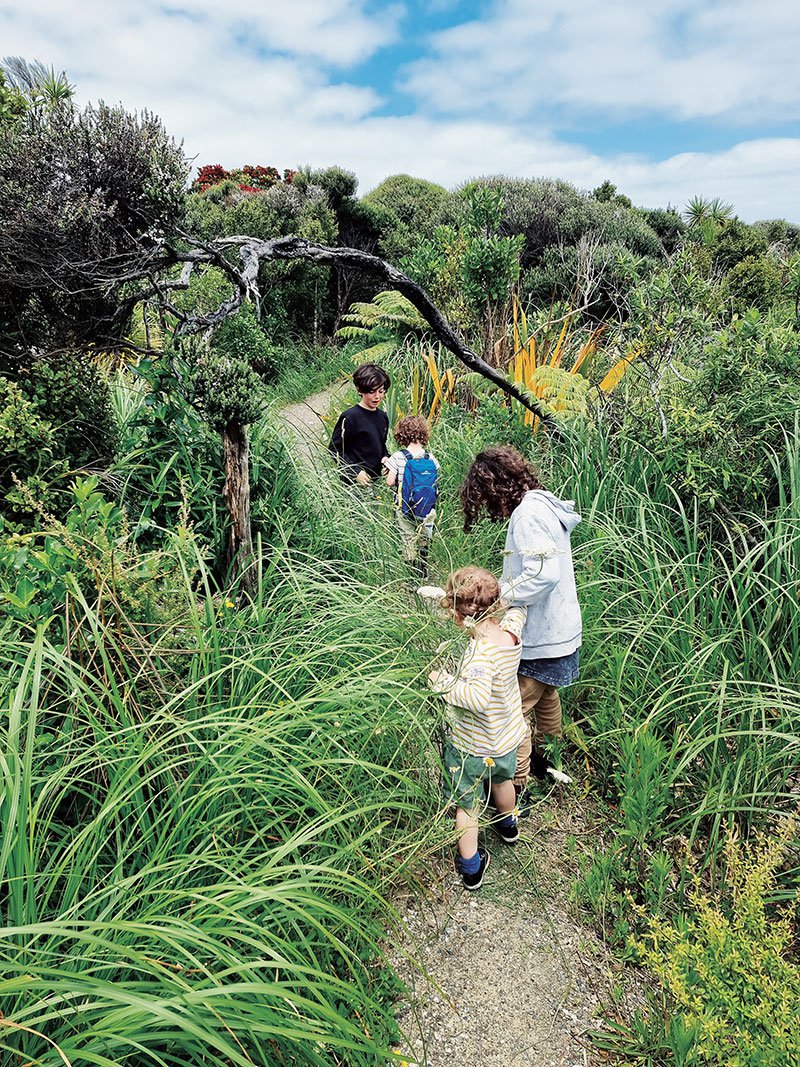
Dr Emma Woodward's four boys in the bush
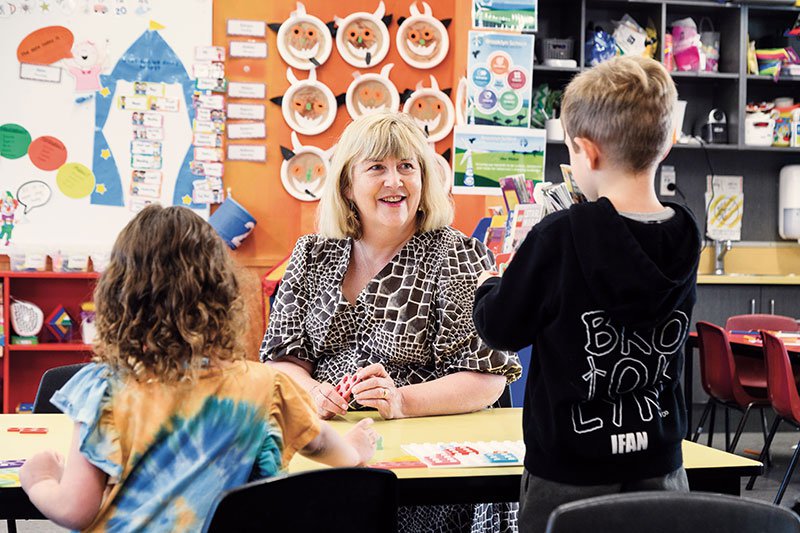
Liz Rhodes, Principal of Brooklyn School, Wellington, with students
"We know how important it is to keep having mana-enhancing conversations. We do this at school by making sure we're actually listening. Anything can be addressed if you've got a relationship and rapport."
Liz Rhodes, Principal of Brooklyn School, Wellington.
When issues do arise, a typical way they manifest themselves, she says, is with a pupil being quiet or withdrawn. To prompt conversations, the school has adopted a letterbox-style system in classrooms where tamariki place regular feedback about how they're feeling. This system helped the school to support a pupil who'd been struggling with the weekly transition between their separated parents' homes. In a situation like this, the tough conversation can be extended to the adults too.
"It takes a village to raise a child, and we need to work together. Our school is a hub for the community, and when we focus on making connections and relationships between staff, students and whānau, then people feel safe to come and chat with you."
A climate of anxiety
At the Child Psychology Service, Emma and her team are finding one topic in particular that is causing increasing anxiety: climate change.
"If you're being told the world you're growing up into might not exist, that's hard to get your head around. A lot of trauma-based behaviours are manifesting in kids you wouldn't expect to see this in, like grief, feeling overwhelmed, anxiety, and feelings of lack of meaning and purpose."
Dr Emma Woodward
In this situation, Emma encourages youngsters to instead focus on what they can do, rather than what they can't. "Then we get them to check in with how they feel when they do those things, instead of getting overwhelmed."
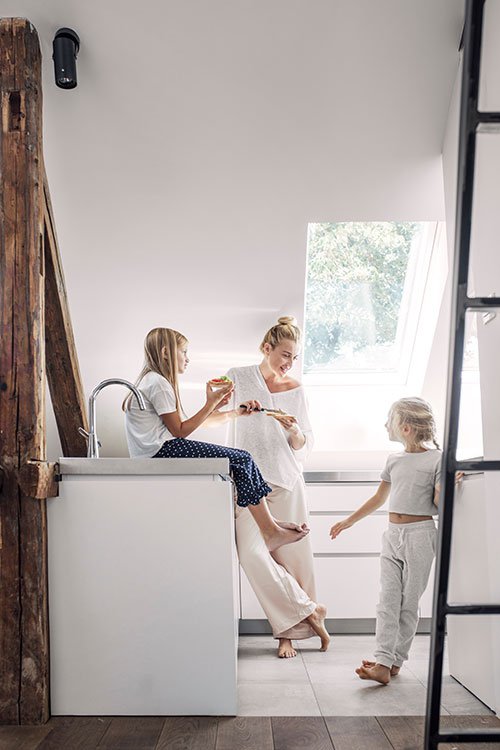
If there's something you would like to approach your child about, check in with them first to see what they already know, says Emma. "That gives you an understanding of any gaps that might need filling or things they may have been misinformed about. With the internet, they've got so much access to information, but children don't have the frame of reference to appropriately make sense of it.
"Sometimes, it's not the information that scares them but rather not having the support to process it. Make conversations a usual part of your routine, like at the dinner table. Be curious and ask naive questions so you get a feel of what's going on and can be ahead of any curves."
Growing up online
Access for children to pornography is a growing concern and can be a difficult subject to broach.
"If you're concerned your child is being exposed to pornography online, you can gently introduce the subject by saying something like, 'I was watching a programme on TV about kids who'd seen stuff online that made them feel a bit worried. Have you ever seen anything online that worried you?'," says Emma.
Test the waters and let them know it's okay to talk about it. I'd also follow up with 'If you do ever see anything that makes you feel a bit worried, you know you can come and talk to me, don't you?' Be open and mindful about shame because shame stops them from turning to you again."
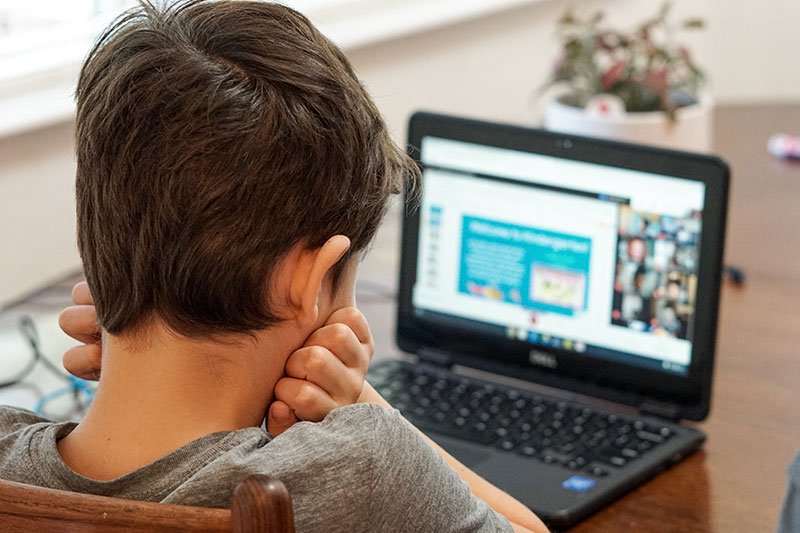
Sexuality and gender are other topics rangatahi are increasingly seeking help to navigate.
"This is another example of how the conversation needs to start right from the get-go," says Emma. "If you've never spoken to your child about sex or sexuality and suddenly you have 'the chat' when they're 15, you're not going to get a healthy response because it'll feel weird. It's a case of having little conversations woven throughout your child's development.
"As parents, it's important not to burden kids with our own worries such as concerns over the rising cost of living. Think about the level of information your kids can handle. It's okay to say to them, "Things have shifted and that might mean this year we can't do as many cool things as we did last year,' but they don't need to know the contents of your bank account and whether you can pay the gas bill. Let them in on what they need to know when they need to know if it impacts them."
Whatever the age of the person, she stresses, if you're going to have a tricky conversation with someone, it all comes back to creating a feeling of safety.
"Our nervous system needs to feel soothed before it sends messages to our brain that we're safe enough to have a conversation, so a feeling of safety always needs to come first."
Know someone who might enjoy this?
Read this next
-
March 2021
Helping Kiwi babies thrive
-
July 2022
Climate change through a Māori lens
-
November 2022
Helping kids find out what they’re made of
Greater good
See all-
March 2021
Helping Kiwi babies thrive
-
March 2021
Creating a Deaf-inclusive Aotearoa
-
March 2021
Candles for a cause
